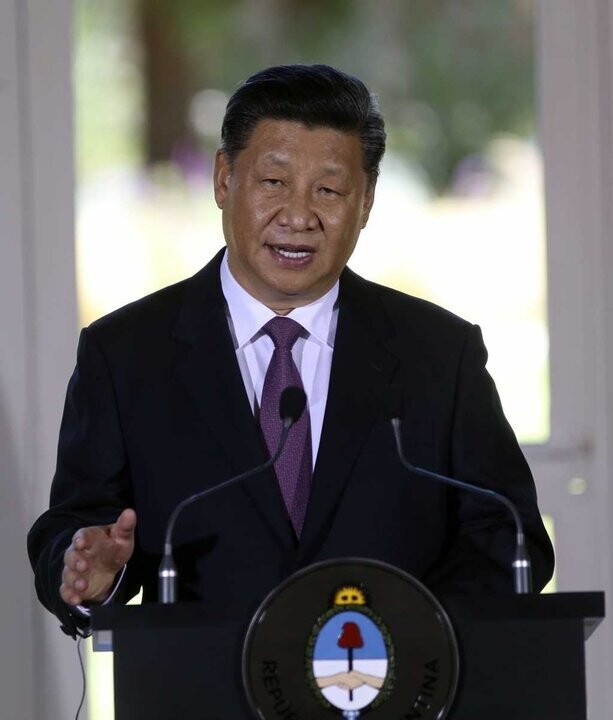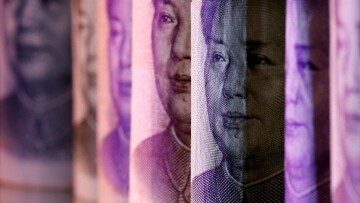
The Chinese government has announced that it will impose tariffs on certain goods imported from the United States, in retaliation for the tariffs imposed by Donald Trump. This decision follows the belief that U.S. tariffs, particularly those related to fentanyl, violate World Trade Organization rules and negatively affect economic and trade cooperation between the two countries.
Additionally, China has initiated a formal investigation against the technology company Google for alleged violation of the country's Antitrust Law. Export controls for five key minerals, such as tungsten, tellurium, and bismuth, have also been announced, with the aim of safeguarding national security and fulfilling international non-proliferation obligations.
In another measure, two U.S. companies, Pvh Group and Illumina Inc, have been added to the list of untrustworthy entities for violating market principles and harming the interests of Chinese companies, according to Chinese authorities. These actions add to the announcement of tariffs ranging from 10% to 15% on U.S. products starting February 10, as part of the escalation in the trade war between the two nations.
On the other hand, Donald Trump has temporarily delayed the tariffs imposed on Canada and Mexico, while the 10% tariffs on Chinese imports are already in effect. This situation has raised concerns about a potential global recession. According to the Chinese Customs Commission, a 15% tariff will be applied to products such as coal and liquefied natural gas, and a 10% tariff will be applied to others like crude oil, agricultural machinery, large displacement cars, and trucks.














